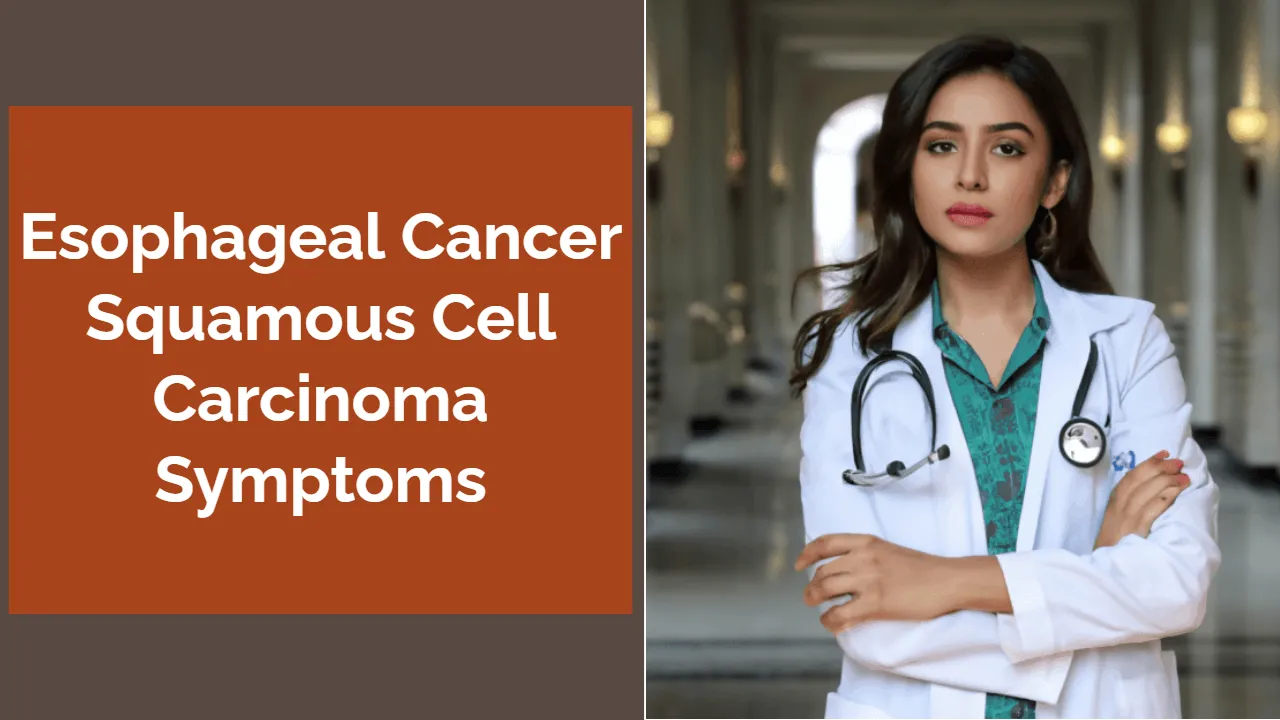A Silent Threat: Recognizing the Symptoms of Esophageal Squamous Cell Carcinoma in India
In India, where diverse food habits and lifestyle choices prevail, understanding the subtle warnings of esophageal cancer, particularly Esophageal Squamous Cell Carcinoma (ESCC), is crucial for early detection and improved outcomes. This article aims to empower you with the knowledge to recognize potential symptoms and seek timely medical attention.
Understanding the Enemy Within
The esophagus, the muscular tube connecting your throat to your stomach, plays a vital role in digestion. ESCC, the most common type of esophageal cancer in India, develops when malignant cells form in the lining of the esophagus. This often occurs due to a combination of factors like tobacco and alcohol use, poor diet, and certain infections.
Early Stages, Silent Symptoms
ESCC is often termed a “silent killer” because its early symptoms can be subtle and easily mistaken for other common ailments. Awareness and vigilance are therefore paramount.
Recognizing the Warning Signs
While symptoms may vary, here are some key indicators to watch out for:
- Difficulty Swallowing (Dysphagia): This is often the earliest and most common symptom. You might feel like food is getting stuck in your throat or chest, especially solid foods.
- Persistent Heartburn or Indigestion: While occasional heartburn is common, experiencing it frequently or after most meals could be a red flag.
- Unexplained Weight Loss: Losing weight without any changes in diet or exercise routine should never be ignored.
- Hoarseness or a Change in Your Voice: A persistent cough or changes in your voice could indicate tumor growth affecting your vocal cords.
- Pain or Discomfort in Your Chest: While not always present, pain or a feeling of pressure in your chest, especially when swallowing, could be a warning sign.
- Chronic Coughing or Hiccups: A persistent cough that doesn’t go away or frequent bouts of hiccups could indicate esophageal irritation.
Why Early Detection Matters in India
- High Incidence: ESCC is more prevalent in certain regions of India, making awareness even more critical.
- Lifestyle Factors: The combination of tobacco and betel nut chewing, common in some parts of India, significantly increases the risk of ESCC.
- Delayed Diagnosis: Due to the subtle nature of early symptoms, ESCC is often diagnosed at later stages, making treatment more challenging.
Taking Charge of Your Health
If you experience any of the symptoms mentioned, especially if you have risk factors like tobacco use, alcohol consumption, or a family history of esophageal cancer, consult a doctor immediately.
Remember
- Early Detection is Key: ESCC is more treatable in its early stages.
- Don’t Ignore Persistent Symptoms: Seek medical advice if your symptoms persist or worsen.
- Lifestyle Modifications: Quitting tobacco, limiting alcohol, and adopting a healthy diet can significantly reduce your risk.
By understanding the symptoms of ESCC and staying proactive about your health, you can play a vital role in early detection and potentially improve treatment outcomes. This knowledge is your shield against this silent threat.
Disclaimer: This article provides general information and should not be considered medical advice. Always consult a qualified healthcare professional for diagnosis and treatment.



